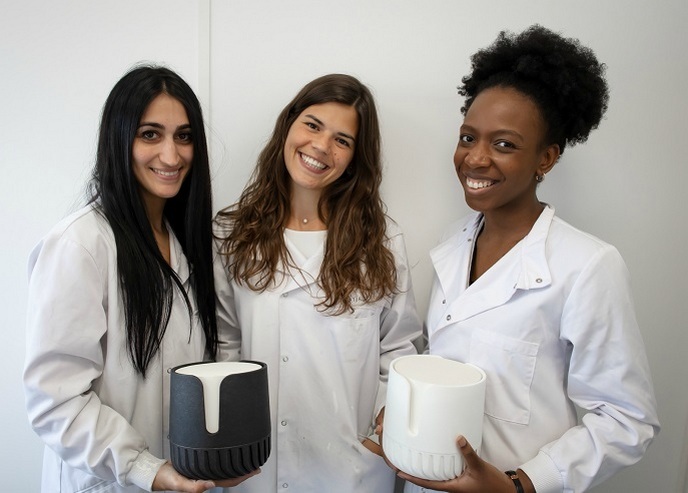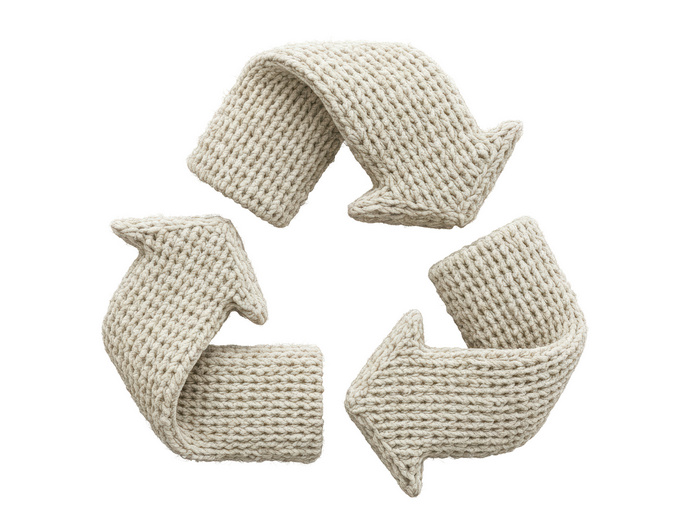Microporous ceramic filters provide healthier indoor spaces
With most of us spending 70 to 90 % of our time inside and air quality being two to five times poorer indoors than outdoors(opens in new window), developing novel filtration systems for indoor air purification is vital. The EU-funded mTAP project has therefore developed an innovative filtration system for indoor air purification. “We designed and scaled a patented method to produce microporous ceramic membranes that can be used to purify air when assembled into a filtration unit. Being made of ceramics and a unique microstructure of conical pores, these membranes can work as filters and as catalytic beds with distinctive properties,” says Hugo Macedo, project coordinator and CEO of Smart Separations Ltd (SSL).
A smart approach
The United Kingdom-based SME designed and launched a range of products onto the market. Specifically, the ceramic ‘Smart membranes+’ can be tailored to suit particular needs, allowing customers to add specific nanocoatings or change the membrane shape, pore size, diameter or thickness. “With pores ranging from 1 to 100 µm, they are suitable for applications in the particle filtration/clarification field, in the microfiltration field, as catalyst support, and in various specialist applications,” Macedo explains. SSL’s flagship product ‘Smart Air Box Pro’ helps tackle both poor indoor air quality and the environmental impact of sending high efficiency particulate air filters to landfill. Researchers developed a three-stack filter module for placement inside the Smart Air Box Pro for proof of concept and pilot testing. The next development stage involves retrofitting the three-stack filter module into heating, ventilation, and air conditioning units. The mTAP project also developed an array of catalytic coatings that can be applied to the membranes in order to perform catalytic filtration. They confer the ability of the membranes to chemically destroy or neutralise substances as gases or liquids passing through them. “One of the coatings we developed, ViraTeq™(opens in new window), is a nanotechnology with long-lasting antimicrobial action that kills microbes in seconds and is now being launched into the market,” notes Macedo.
Virus-free spaces
The company also launched Gino™(opens in new window), a personal air sanitiser that comprises a honeycomb ceramic filter coated with ViraTeq™. The channel diameter is small enough to ensure direct contact between the air and the coated wall of the ceramic filter, but not too small to be prone to blockages from other particulates, thus having limited dust entrapment capability. Due to the absence of blockages, antimicrobial filtration life is substantially extended. Gino™ destroys coronavirus and other viruses, bacteria and fungi, creating in only 15 min a safe zone of 2 m radius around the device. According to Macedo: “Our air filtration unit will bring cleaner, virus free air to larger spaces, such as healthcare facilities, office spaces, restaurants and care homes, without the use of high efficiency particulate air filters that need to be frequently discarded.” The mTAP project has helped to decrease waste going to landfill and created an environmentally friendly technology that can help combat the current COVID-19 pandemic. “All of this could not have happened without this key support from the Horizon 2020 programme. We can't thank the European Commission enough for us with this crucial funding,” Macedo points out.







